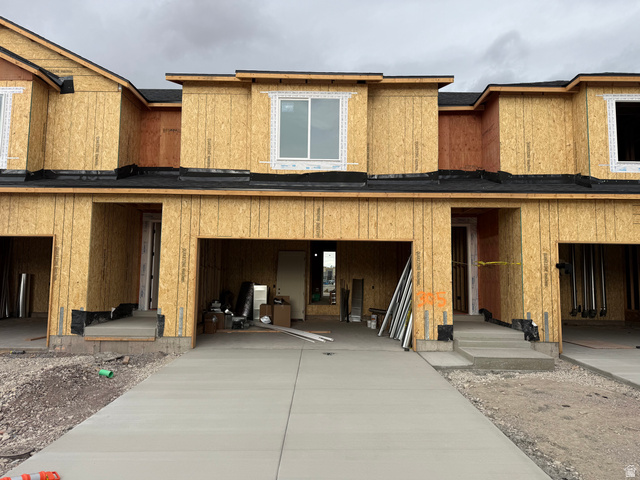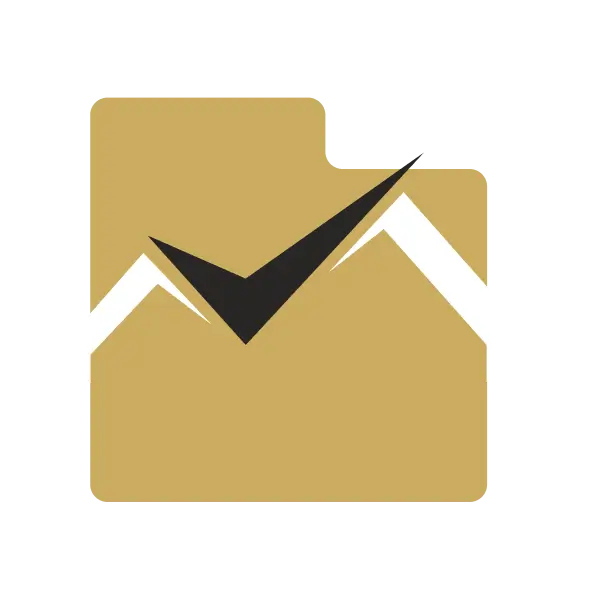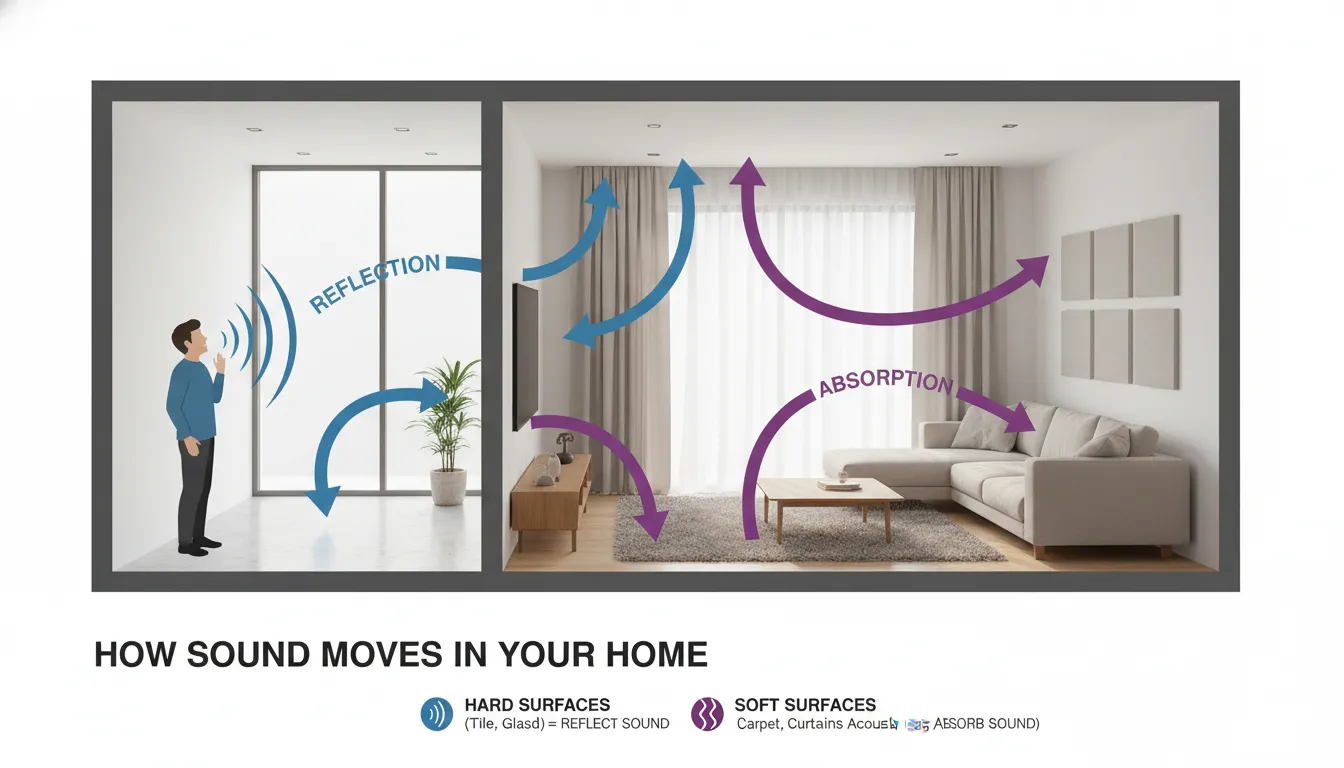
As Utah's real estate market continues to evolve rapidly, many prospective homeowners and investors are seeking smart, cost-effective strategies to enter the housing market. One approach gaining significant traction is house hacking—a method that combines living in a property while generating rental income from it to offset mortgage costs. This strategy is not only transforming how individuals afford homes but is also shaping the future landscape of affordable housing in Utah.
Understanding House Hacking and Its Rise in Utah
House hacking involves purchasing a multi-unit property or a home with rentable spaces (such as a basement apartment or extra bedrooms) and living in one part while renting out the others. The rental income helps cover mortgage payments, property taxes, and other housing expenses, making homeownership more accessible, especially in high-demand markets like Utah.
In Utah's current real estate climate, where home prices have surged and affordability remains a challenge, house hacking has emerged as a practical solution. Many potential buyers find that without factoring rental income from a basement apartment or additional unit, qualifying for a mortgage would be difficult or impossible. This dual-income approach enables more buyers to break into the market.
One real estate expert noted, "A lot of my clients can't afford a home unless they count the basement income towards their income." This highlights how house hacking is already a critical pathway for homeownership in the state.
The Impact of Interest Rates and Property Size on House Hacking
Interest rates play a pivotal role in the success of house hacking investments. For example, securing a mortgage at a low interest rate, such as 2.75%, can significantly enhance the financial viability of a house hack. Properties purchased at historically low rates tend to perform well in terms of cash flow and equity growth.
Regarding the size and type of property, the choice between a duplex, triplex, or fourplex can influence rental income potential and management complexity. While starting with a smaller property like a duplex or a single-family home with a basement apartment is common, some investors consider scaling up to a fourplex to maximize rental income.
One experienced investor shared, "I probably would have done the same one because it's hard to beat a 2.75% interest rate and it's performed well, but going bigger, like a fourplex, could have been amazing too, especially with the interest rates at the time." This suggests that while smaller house hacks are effective, larger multi-unit properties offer compelling opportunities for those ready to manage more tenants and a bigger investment.
Setting Clear Goals Before House Hacking
Success in house hacking hinges on having a well-defined strategy. Prospective house hackers need to clarify their objectives, time horizons, and exit plans before committing to a property. Clear goals help tailor financial calculations, property selection, and rental strategies.
For instance, the financial and operational plan differs significantly depending on whether the goal is to:
- Live in the property for one year and then convert it fully to a rental
- Commit to living in the house hack for five years or longer
These different scenarios affect how much rental income must cover mortgage payments and how the property is managed over time. A shorter commitment might require higher rents or a more aggressive financial plan, whereas a longer-term commitment allows more flexibility.
As one real estate professional advised,
"Get crystal clear on what your goal is, know what you want, and then just execute on that plan."
This advice underscores the importance of intentionality and follow-through in house hacking.
First-Time Landlord Experiences: Managing Tenants in Utah
Taking on the role of a landlord is an inherent part of house hacking. For many first-time landlords, the prospect of managing tenants can seem intimidating. However, experience shows that with proper preparation and tenant screening, landlording is often less daunting than expected.
Key takeaways from first-time landlords in Utah include:
Explore Utah Real Estate

83 W 850 S, Centerville, UT
$815,000
Bedrooms: 5 Bathrooms: 3 Square feet: 3,999 sqft

653 E RYEGRASS DR #305, Eagle Mountain, UT
$387,900
Bedrooms: 3 Bathrooms: 3 Square feet: 1,985 sqft

2031 N LAVA ROCK CIR #107, St George, UT
$4,185,000
Bedrooms: 4 Bathrooms: 5 Square feet: 5,404 sqft
- Screening is critical: Conducting thorough background checks, credit checks, and references helps ensure reliable tenants who pay rent on time and care for the property.
- Tenant quality matters: Being selective and choosing tenants who treat the home respectfully reduces headaches and maintenance issues.
- "Just send it" mentality: Overthinking potential problems can delay action; often, taking the plunge with a solid plan leads to positive outcomes.
One landlord shared,
"It's easier than you might think. The 'what ifs' rarely happen, so just do it. I've had really good experiences with tenants who pay on time and take care of the property."
This perspective encourages new landlords to approach property management confidently but cautiously.
House Hacking as a Long-Term Investment Strategy in Utah
Beyond immediate affordability, house hacking serves as a foundation for long-term wealth building in Utah's real estate market. By living in a property while building equity and receiving rental income, homeowners can accelerate their path to financial freedom.
Particularly in growing communities such as Saratoga Springs and Midvale, where home values have shown steady appreciation, house hacking offers a dual benefit of affordable living and investment growth.
Additionally, house hacking can be a gateway to acquiring more rental properties, leveraging the experience gained from managing tenants and understanding local market dynamics. This approach aligns well with broader investment strategies focusing on cash flow and property appreciation.
Challenges and Considerations for House Hackers in Utah
While house hacking offers many benefits, it is not without challenges. Prospective house hackers should consider the following:
1. Financing and Loan Options
Securing financing for multi-unit properties may require different loan products or down payment requirements. Buyers should work with lenders knowledgeable about house hacking and creative financing options.
2. Landlord Responsibilities
Being a landlord involves maintenance, tenant communication, and sometimes conflict resolution. Prospective house hackers must be prepared to handle these duties or consider hiring property management services.
3. Local Regulations and HOA Rules
Some neighborhoods or homeowner associations may have restrictions on rentals. Understanding local zoning laws and HOA covenants is essential to avoid compliance issues.
4. Market Rental Rates
Accurate rental market analysis is necessary to ensure that rental income sufficiently covers mortgage and operational costs. Overestimating rental income can jeopardize financial stability.
5. Exit Strategy
Having a clear plan for when and how to transition the property, whether selling or converting it fully to a rental, helps avoid surprises and financial strain.
Despite these considerations, the consensus among experts is that with proper planning and diligence, house hacking remains one of the most accessible and effective strategies for entering Utah's housing market.
More Properties You Might Like

2098 E GOOSE RANCH RD, Vernal, UT
$103,000
Square feet: 274,864 sqft

2148 E GOOSE RANCH RD, Vernal, UT
$116,000
Square feet: 309,276 sqft

6668 S 3200 W, Spanish Fork, UT
$2,074,000
Bedrooms: 3 Bathrooms: 3 Square feet: 2,560 sqft
Why House Hacking is Poised to Shape Affordable Housing in Utah
Utah's housing affordability challenges are well-documented, with rising home prices and limited inventory impacting many prospective buyers. House hacking addresses this issue by leveraging rental income to reduce the financial burden of homeownership.
By enabling buyers to qualify for mortgages based on combined household and rental income, house hacking expands the pool of eligible buyers. This approach also encourages the development and purchase of multi-unit properties, which can increase housing density and availability.
Furthermore, house hacking fosters a mindset of financial responsibility and investment awareness among homeowners. It encourages individuals to view their primary residence not just as a consumption asset but as a potential income-generating investment.
One real estate professional summarized this trend succinctly: "House hacking is already the future of affordable housing in Utah." This reflects a growing recognition of the strategy's practical benefits and its potential to influence housing market dynamics in the coming years.
Practical Steps for Prospective House Hackers in Utah
For those considering house hacking in 2025, the following actionable steps can guide the process:
- Define Clear Objectives: Determine how long to live in the property, financial goals, and desired level of involvement in property management.
- Analyze Market and Neighborhoods: Research areas with strong rental demand and reasonable property prices, such as American Fork or Salt Lake City.
- Secure Financing: Consult lenders experienced in house hacking loans and understand down payment and credit requirements.
- Screen Tenants Thoroughly: Implement background and credit checks to select reliable renters.
- Prepare for Landlord Duties: Learn about landlord-tenant laws in Utah and consider property management options if needed.
- Plan for the Future: Establish an exit strategy, whether renting long-term, selling, or upgrading to a larger investment property.
Following these steps increases the likelihood of a successful house hacking experience that supports both affordable living and real estate investment growth.
Frequently Asked Questions About House Hacking in Utah
What types of properties are best for house hacking in Utah?
Multi-unit properties such as duplexes, triplexes, and fourplexes are ideal. Single-family homes with rentable basement apartments or accessory dwelling units (ADUs) also work well.
How does house hacking help with mortgage qualification?
Rental income from tenants can be counted toward your total income when applying for a mortgage, improving debt-to-income ratios and increasing loan eligibility.
Is being a landlord difficult for first-time house hackers?
While it requires responsibility and communication skills, many first-time landlords find the experience manageable, especially with proper tenant screening and preparation.
What are the risks of house hacking?
Risks include tenant turnover, potential property damage, and fluctuating rental income. Proper screening and contingency planning can mitigate these risks.
Can house hacking work in all Utah cities?
House hacking is viable in many Utah cities, but success depends on local rental demand, property prices, and regulations. Cities like Salt Lake City, Midvale, and Saratoga Springs show strong potential.
Conclusion
House hacking stands out as a compelling solution to Utah's affordable housing challenges, offering a practical pathway for many to achieve homeownership while generating rental income. By setting clear goals, understanding the local market, and embracing the responsibilities of landlording, house hackers can secure stable housing and build long-term wealth.
In 2025 and beyond, the strategy will likely become even more prevalent as interest rates, market dynamics, and financing options continue to evolve. Whether starting with a duplex or scaling up to a fourplex, house hacking empowers Utah residents to navigate the competitive real estate market with confidence.
For those interested in exploring available properties and learning more about Utah's real estate opportunities, visit Best Utah Real Estate, a trusted resource for comprehensive market listings and expert guidance.
Frequently Asked Questions
What types of properties are best for house hacking in Utah?
Multi-unit properties such as duplexes, triplexes, and fourplexes are ideal. Single-family homes with rentable basement apartments or accessory dwelling units (ADUs) also work well.
How does house hacking help with mortgage qualification?
Rental income from tenants can be counted toward your total income when applying for a mortgage, improving debt-to-income ratios and increasing loan eligibility.
Is being a landlord difficult for first-time house hackers?
While it requires responsibility and communication skills, many first-time landlords find the experience manageable, especially with proper tenant screening and preparation.
What are the risks of house hacking?
Risks include tenant turnover, potential property damage, and fluctuating rental income. Proper screening and contingency planning can mitigate these risks.
Can house hacking work in all Utah cities?
House hacking is viable in many Utah cities, but success depends on local rental demand, property prices, and regulations. Cities like Salt Lake City, Midvale, and Saratoga Springs show strong potential.













